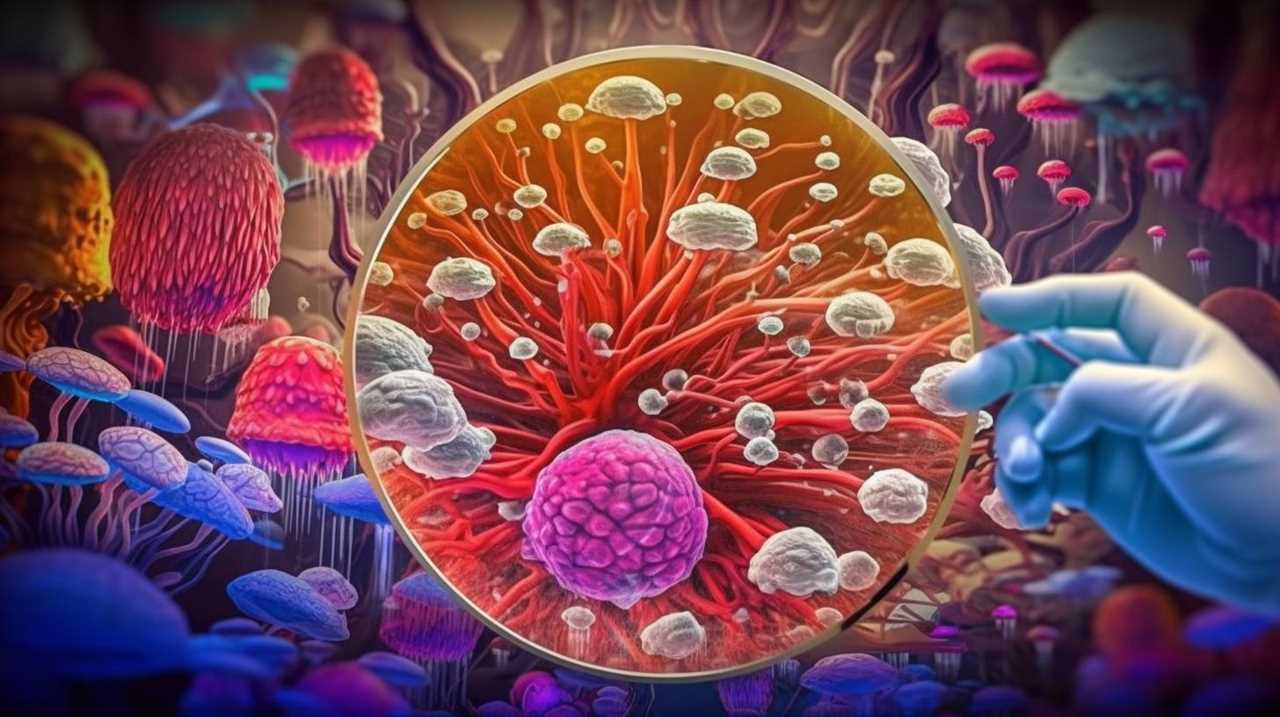
In a groundbreaking development, scientists have harnessed the power of artificial intelligence (AI) to identify a potent, experimental antibiotic named abaucin, capable of killing a lethal superbug. This discovery, made by researchers in Canada and the US, demonstrates the transformative potential of AI in expediting new drug discoveries.
Antibiotics are our primary defence against bacterial infections. However, the dearth of new drugs over the past few decades and the increasing resistance of bacteria to existing antibiotics have posed significant challenges. It's estimated that antibiotic-resistant infections claim over a million lives annually.
The research team turned their attention to Acinetobacter baumannii, a particularly troublesome bacterium. Known to cause pneumonia and infect wounds, this bacterium is one of the three superbugs that the World Health Organization classifies as a "critical" threat. It has developed resistance to multiple antibiotics and is a significant concern in hospitals and care homes due to its ability to survive on surfaces and medical equipment.

To train the AI, the researchers used thousands of drugs with known chemical structures. These drugs were manually tested against Acinetobacter baumannii to determine their efficacy in inhibiting or killing the bacterium. This data was then fed into the AI, enabling it to learn the chemical characteristics of drugs effective against this problematic bacterium.
The AI was then set to work on a list of 6,680 compounds with unknown effectiveness. In just an hour and a half, the AI produced a shortlist. Out of 240 compounds tested in the lab, nine potential antibiotics were identified, including the highly potent abaucin.
Initial lab tests showed promising results, with abaucin successfully treating infected wounds in mice and killing patient samples of A. baumannii. However, the journey of this experimental antibiotic is far from over. It must now be refined in the lab and undergo clinical trials. The researchers anticipate that the first AI-discovered antibiotics could be available for prescription by 2030.
Interestingly, abaucin showed no effect on other bacterial species, only on A. baumannii. This specificity could make it more difficult for resistance to develop and potentially lead to fewer side effects.

In theory, AI could screen tens of millions of potential compounds, a task that would be impractical to perform manually. The researchers plan to apply this AI approach to other problematic bacteria such as Staphylococcus aureus and Pseudomonas aeruginosa next.
Professor James Collins from the Massachusetts Institute of Technology expressed his excitement about the project, stating, "This work shows that we can use AI to help combat problematic pathogens such as A. baumannii." He added that this discovery further validates the premise that AI can significantly speed up and broaden our search for novel antibiotics.
Always check our latest articles at...
https://hellofaread.co.uk/featured
 SPORTSPOLITICSROYALTECHNOLOGYMONEYSCANDALFEATUREDPrivacy PolicyTerms And Conditions
SPORTSPOLITICSROYALTECHNOLOGYMONEYSCANDALFEATUREDPrivacy PolicyTerms And Conditions
